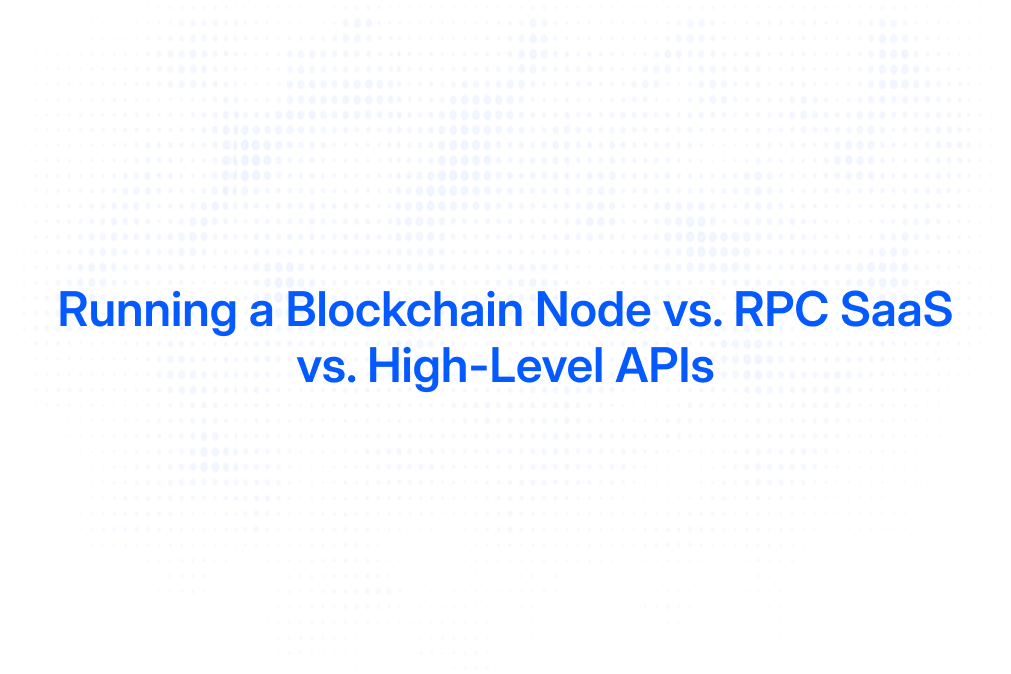Blockchain Development: Security Essentials
David Liu

The growing prevalence of blockchain technology in various industries has necessitated a focus on security best practices in blockchain development. Blockchain's decentralized nature, which is both its strength and its vulnerability, requires an especially rigorous approach to security. Here are some best practices developers should implement to ensure the security of their blockchain solutions.
Firstly, utilize well-maintained and audited cryptographic protocols, don't attempt to invent your own. Cryptography is the core that provides security for blockchain technology. Developing your cryptographic protocols is risky as it requires advanced mathematical knowledge and understanding of computational security. Using standard cryptographic protocols that have undergone rigorous peer reviews guarantees high security for your blockchain system and reduces the risk of undiscovered security flaws.
Secondly, ensure secure key management. Each blockchain transaction requires encrypted keys for validation, and protecting these keys from loss, theft, or misuse is crucial. This involves implementing secure key storage methods, using hardware security modules (HSMs), and employing multi-signature schemes where several keys are required to authorize transactions.
Address privacy is essential in blockchain development. While blockchain transactions are transparent, ensuring the anonymity of users engaging transactions is paramount. Some methods used to achieve this include one-time addresses or ring-signatures that maintain user privacy.
As a blockchain developer, it’s essential to keep smart contracts simple. The complexity of smart contracts can lead to higher risk of vulnerabilities. The more intricate the smart contract you're developing, the more areas there are for potential security lapses. Regular audits should be done to ensure smart contracts don't have any vulnerabilities. Automated tools can be useful to catch any problems in the early stages of development.
Frequent testing plays a crucial role in securing blockchain technology. Developers should conduct multiple tests throughout the development process. Such tests include testing the smart contracts, the entire system using a testnet before deploying to the mainnet, and regular security audits. Stress testing can emulate large transaction volumes or potential DDoS attacks, providing an understanding of how the system behaves under different circumstances.
Keeping the framework and all development tools up-to-date is another important practice. Outdated software often has vulnerabilities that can be exploited by hackers. Thus, ensure that all the tools used for blockchain development are consistently updated to their latest versions.
Maintaining an incident response plan is also recommended. Despite implementing all the security best practices, vulnerabilities might still occur. An incident response plan outlines the steps to be taken when a security issue occurs, minimizing the adverse effects of the incident.
Lastly, good old permission management remains as important in the realm of blockchain as it is elsewhere. Although blockchain networks are decentralized, there’s still a need for role separation and establishing who has the authority to access, develop, or update certain assets or processes. Robust governance models can help manage permissions effectively.
In conclusion, securing blockchain applications requires a profound understanding of not just blockchain, but also the set protocols you’ve put in place. Although adopting blockchain technology promises increased security, this can only be achieved when the security aspects are well addressed. Adherence to these security best practices could be an effective way to prevent potential cyber threats and maintain the integrity and trustworthiness of your blockchain solutions.
.svg)


.png)



